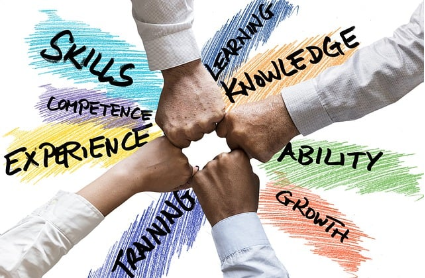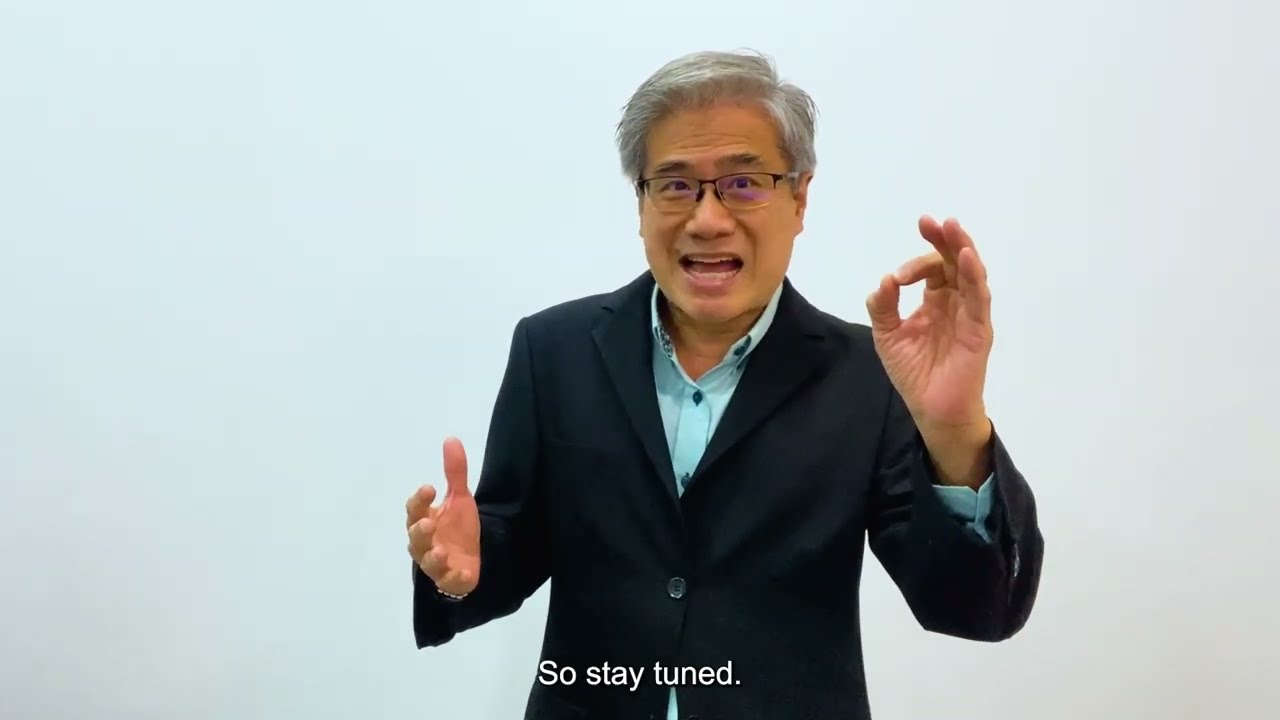In a constantly evolving world where artificial intelligence is playing an increasingly prominent role, the challenge of boosting employee engagement is becoming more urgent. Coaching, in this new era, is asserting itself as an indispensable ally. By offering personalized support and fostering a climate of trust, coaching not only increases team motivation but also their well-being. As technologies automate repetitive tasks, the coach’s role humanizes professional interactions and fosters authentic engagement.
|
IN BRIEF
|
In a world where artificial intelligence holds a prominent place, it is crucial to consider its interaction with employee coaching. Indeed, coaching is not limited to simply improving performance. It becomes an essential lever to enhance employee engagement, motivation, and well-being at work. This article explores how the integration of coaching and AI can transform the way organizations develop and support their talents.
The Context of AI and Coaching
As advancements in artificial intelligence revolutionize many industries, companies must also adapt to these changes. According to a study from Stanford University, 65% of users of online coaching utilizing AI tools feel more motivated and engaged in their professional development. This shows that these technologies can facilitate learning as well as inject a new burst of energy into employee engagement.
The Importance of Coaching in Employee Motivation
Coaching plays a fundamental role in employee engagement. It provides personalized support and recognition of each individual’s potential. By using AI to automate and optimize certain administrative tasks, coaches can dedicate more time to human support. This helps strengthen the bond between coach and team member, creating a more conducive environment for growth and mutual trust.
How AI Enhances Employee Engagement
The use of AI should not be viewed solely as a threat, but as an opportunity for development. By automating certain processes, AI allows employees to focus on higher-value tasks. This increases job satisfaction and contributes to a more enriching employee experience. Furthermore, a CoachHub study from February 2024 indicates that 77% of participants believe that AI could enhance leaders’ skills, thus reinforcing the importance of coaching in the face of technological growth.
Coaching and Skills Development in 2025
With the rise of AI, companies must anticipate the need for skills. In 2023, nearly 87% of organizations worldwide admitted to facing skill shortages, according to a McKinsey study. In this context, coaching becomes a valuable tool to prepare employees for future challenges. Through a personalized approach, coaching can tailor skills to market demands, helping businesses remain competitive.
Toward More Personalized Coaching with AI
We are entering an era where generative AI allows for even more targeted and effective skills development. The collaboration between coaches and AI tools can offer a customized approach that meets the specific needs of each employee, while providing feedback based on concrete data. This personalization aims not only to improve individual performance but also to strengthen collective engagement, making each collaborator an actor in their own success.
Motivating Conclusion on Engagement at Work
In summary, the integration of AI into coaching signifies new opportunities. By focusing efforts on personal development and increasing employee engagement, companies can build a more positive and productive work environment. The future promises exciting horizons where coaching and technology will shape the leaders of tomorrow.
To further explore how to improve interpersonal communication for career development, check out this article. Also discover why the best leaders are avid learners in the article on SCORE. Finally, learn how executive coaching is redefining success through this link and read about EMK Consulting Group in this article, as well as Erik Peterson’s profile here.











